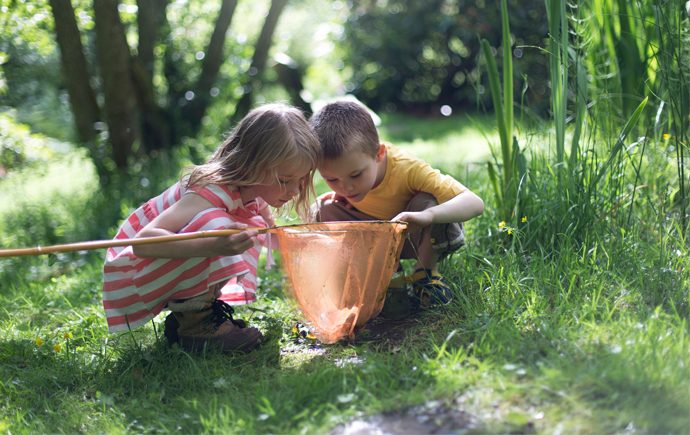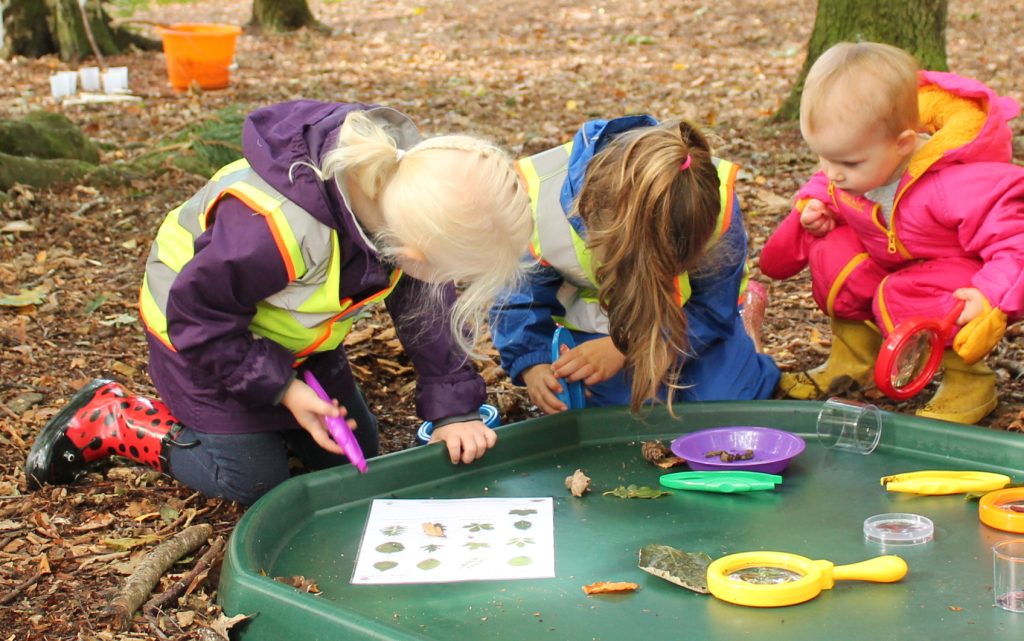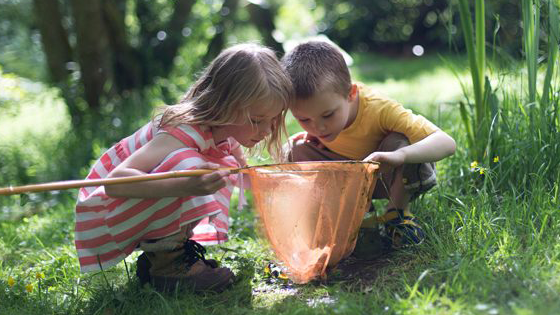
Science is a crucial subject in early childhood education because it gives kids a hands-on, participatory approach to exploring and understanding their surroundings. The constructivist theory holds that kids build their own knowledge by actively interacting with and participating in their surroundings. As a result, teachers should encourage students to explore their environment through play and their senses rather than lecturing them.
Even if direct instruction has its uses, it’s crucial to limit how much time kids spend sitting still and listening to lectures. Instead, look for ways to get kids involved and immersed in the learning process through activities.

Preschool science instruction does not involve giving the kids a list of information or facts. Children at this age are not expected to retain particular subject matter. Instead, preschool science instruction should be centred on kids’ inherent curiosity, as well as their willingness to experiment and discover. This entails letting kids experiment on their own, as well as encouraging them to ask questions and forecast what will happen.
Giving kids a choice of materials and instruments to use is one method to encourage them to investigate science. Magnifying glasses and blocks with images of insects, logs, rocks, and plants could be examples of this. These resources allow kids to explore the world in new ways and learn new things about their surroundings.

Giving kids the chance to interact with the natural environment is crucial as well. This can entail putting up stations in an outdoor learning environment or organizing field trips to nearby parks or nature preserves. Children can gain a better practical understanding of plants, animals, and the natural world by interacting with their surroundings.
Children’s language development in science should be supported in addition to hands-on experiences. This entails utilizing scientific language and encouraging kids to make observations and ask questions. Children might be encouraged to record their findings through writing, drawing, or other representational media.
In early childhood education, science should generally be a joyful and engaging approach for kids to learn about and explore their surroundings. We can foster a love of science in children that will serve them well throughout their life by giving them hands-on experiences, promoting language development, and encouraging them to experiment and ask questions.
